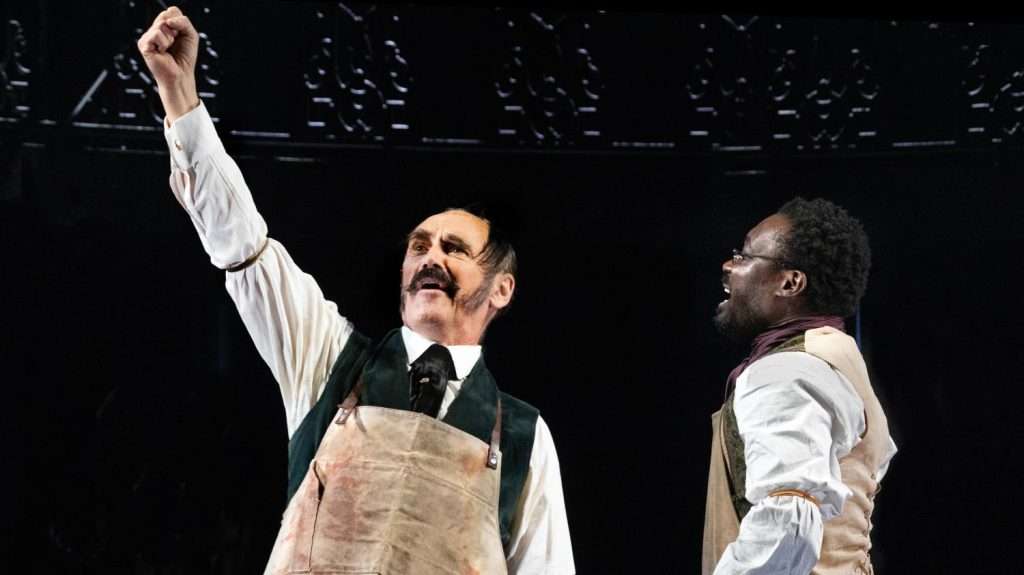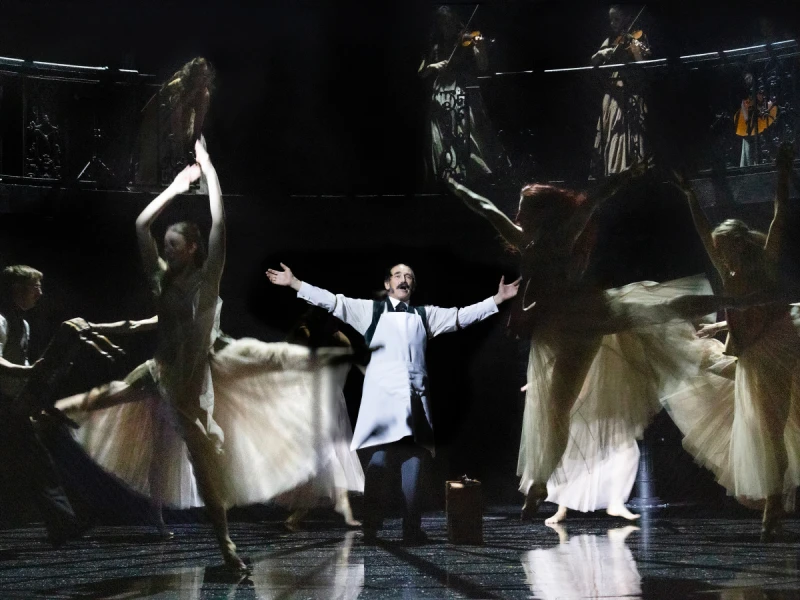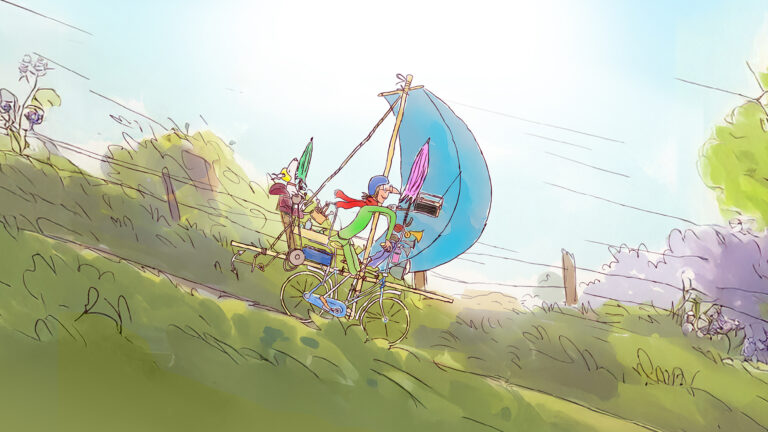Dr Semmelweis has opened at the Harold Pinter Theatre after a successful run at Bristol Old Vic. It tells the story of an overlooked medical pioneer whose forensic attention to data saved many women from dying from ‘childbed fever’ but cost him his sanity, writes Katie Kelly.
It is hard to imagine a world before bacteria were discovered or understood, but we don’t need to work too hard to remember a time when sickness spread by unknown means and hand-washing was the first – and for a time only – defence against death.
Semmelweis, played with subtlety and intensity by Mark Rylance, is devastated by the high death rate of women post childbirth he witnesses whilst working as an intern on the labour wards of a famous 19th century Vienna hospital.
It was an age where women were routinely blamed for their own medical misfortune, and we might ask how much has changed?

Semmelweis is courageous enough to explore whether the fault might actually lie with the doctors. This is an affront to the snobbish medical establishment who are complacent and almost wilfully blind to reality. Seeing and not seeing is a central theme of this play. Semmelweis has the misfortune of being incapable of closing his eyes to the suffering or his own role in it. ‘For everyone to see something new, one person has to see it first. One person has to misbehave.’
Semmelweis’s obsessive character is an advantage in scientific discovery but the flip side is an inability to empathise or smooth the edges of his communication with superiors and colleagues, which has tragic consequences all round.
Although Semmelweis is at the heart of this story, the women are strongly present and not simply as victims. The young doctor is ably assisted in his search for answers by the courageous, pragmatic and humorous Nurse Muller. A striking addition to the cast is the ensemble of ballet dancers who portray the dying mothers with extraordinary poignancy and whose movement shifts from classical to modern choreography to reinforce the increasing distress and chaos of the unfolding tragedy. The set makes intense use of a relatively small stage and echoes the darkness of the relentless death. The Salome string quartet are seamlessly woven into the cast, further enriching the production. This play is not without humour, in fact the first act contains a delightful diversion into a ballet performance where Semmelweis shows his inability to play the game, socially. The second half is an inexorable slide into an ironic death which took with it innovation that could have saved many lives. This is an important story, richly told.
Harold Pinter Theatre, until October 7th. Times: Mon-Sun 7.30pm; Thur & Sat matinees 2.30pm. Admission: £25 – £195.






